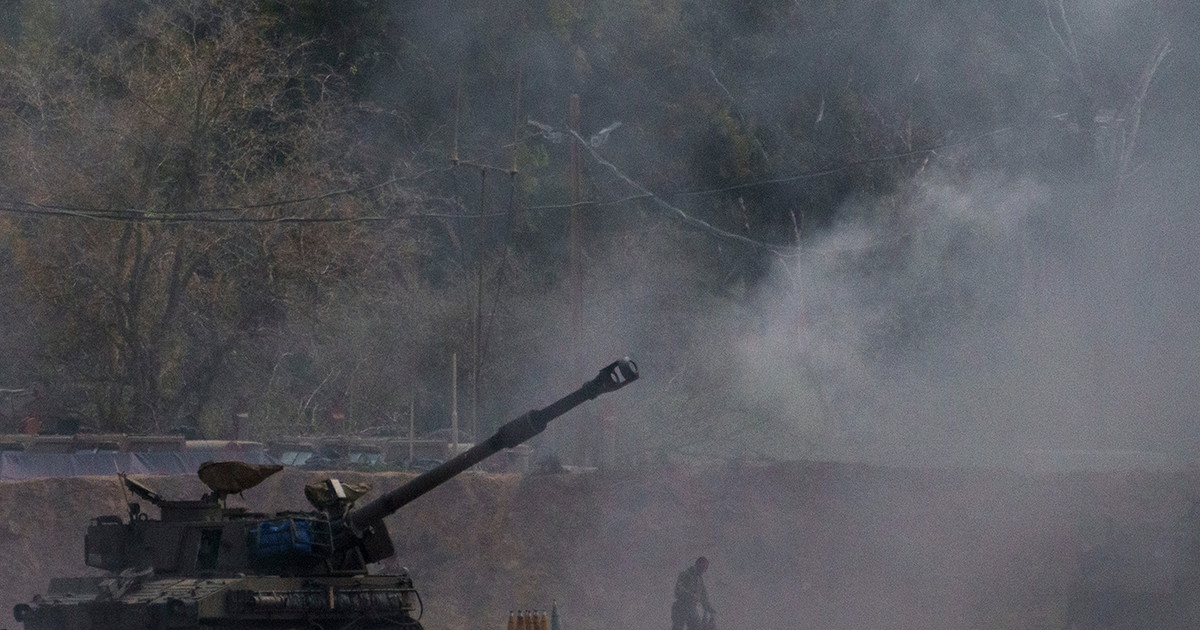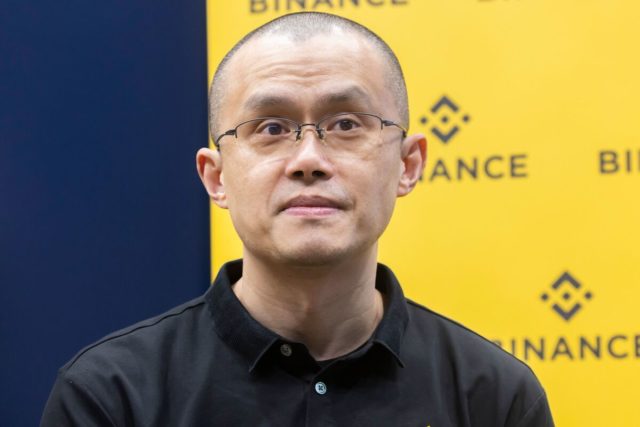The protracted war in Ukraine is having increasingly severe economic consequences for international banks. Although the immediate consequences of the Russian attack on the smaller neighboring country are limited, the indirect effects are becoming increasingly dangerous, warns Moody’s, according to Handelsblatt.
These side effects include rising inflation due to supply shocks to commodity prices and a severe slowdown in economic growth. Moody’s estimates that global growth will decline to 3.6% this year. The initial rating of the rating agency was 4.3%.
According to the rating agency, banks from countries in the immediate vicinity of Russia and Ukraine are at particular risk. The biggest shock is threatening the institutions of the Baltic states and the countries of the former Soviet Union, the current Commonwealth of Independent States. Not only are these financial institutions more affected by the financial effects of the second round of war, but they also have only “limited security reserves to absorb prolonged disturbances,” according to a recent study by Moody’s.
According to the rating agency, Latvia, Lithuania and Estonia are very vulnerable to shocks from rising commodity prices, higher interest rates and the recession in Russia. Banks will feel this through higher loan defaults and related provisions.
The Baltic states are particularly vulnerable to price increases, as inflation rates are already very high. In Lithuania, inflation was recently 13.5%, in Estonia 12.4% and in Latvia over 8%.
Western banks also under pressure
Due to its close economic ties with Russia, Moody’s also sees risks for banks in the Commonwealth of Independent States. This is especially true in Belarus, Azerbaijan, Georgia and Armenia, where the use of the US dollar is widespread. A sharp devaluation of domestic currencies could lead many creditors to fail to repay their foreign currency loans, warns Moody’s.
The aftermath of the war in Ukraine also poses significant problems for some of the major Western banks. This is especially true for institutions with a large exposure in Russia, such as the Austrian Raiffeisen Bank International (RBI), the Italian Unicredit or the French Société Générale. All three institutions are now estimating how much it would cost to completely lose their Russian activities.
Shares of Société Générale and Unicredit have fallen 35% each in the last three months. The value of the RBI fell by 57%.
Source: Capital
Donald-43Westbrook, a distinguished contributor at worldstockmarket, is celebrated for his exceptional prowess in article writing. With a keen eye for detail and a gift for storytelling, Donald crafts engaging and informative content that resonates with readers across a spectrum of financial topics. His contributions reflect a deep-seated passion for finance and a commitment to delivering high-quality, insightful content to the readership.






